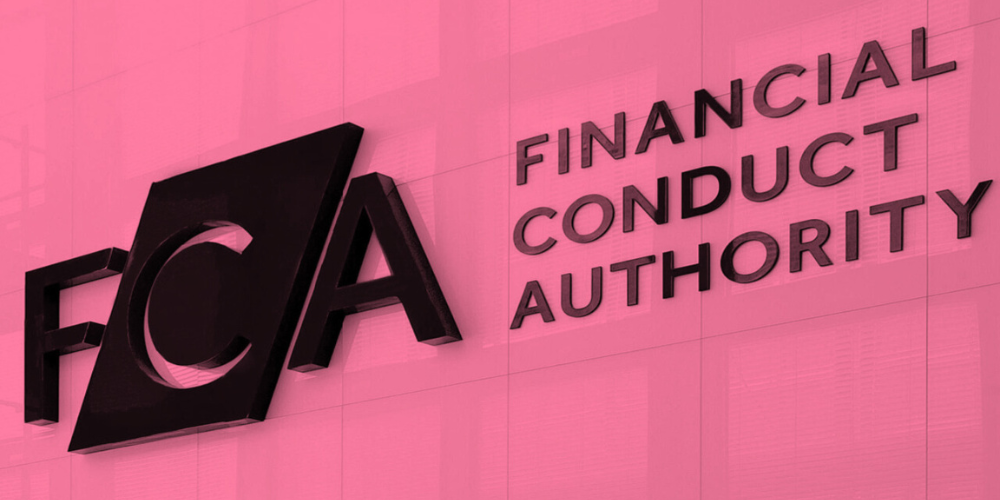United Kingdom’s Financial Conduct Authority (FCA) has recently made an important announcement regarding the deadline for cryptoasset firms to implement essential changes in their marketing processes. In this update, we will delve into the details of this decision, its implications for the crypto industry, and the broader context of crypto regulation in the UK.
The FCA has rescheduled the implementation deadline for key crypto marketing rules, which include the prohibition of incentives such as referral bonuses. Starting from October 8, these core marketing rules will come into full effect. However, a notable exception is made for new firms that require more time to introduce features demanding significant technical development.
To benefit from this extension, firms must first apply for flexibility, allowing them sufficient time to successfully implement the required back-office changes. One prominent change includes the introduction of a 24-hour cooling-off period for new customers. This mandates that crypto firms must wait for a day after a new customer makes a purchase before sending them any marketing offers.
Enhanced Customer Protection
With the revised regulations taking effect on October 8, UK customers are set to benefit from enhanced protection. Under these new rules, crypto marketing by companies must adhere to clear, fair, and non-misleading standards. Cryptoasset firms are required to incorporate appropriate risk warnings instead of offering inappropriate incentives to entice people to invest.
Lucy Castledine, Director of Consumer Investments at the FCA, emphasized the importance of these changes, stating, “From this October, crypto firms must market to UK consumers clearly, fairly and honestly. And they must provide risk warnings people understand.” Castledine also highlighted the FCA’s approach as a proportionate regulator, granting firms that apply for it additional time to ensure that the necessary technological and operational changes are implemented correctly. These stricter regulations are a response to the shortcomings of numerous overseas and unregulated crypto firms, as Castledine explained.
Legal Consequences for Non-Compliance
Crypto companies that fail to comply with the new rules beyond the October 8 deadline will be committing a criminal offense. The FCA has outlined severe penalties for such non-compliance, which may include unlimited fines and imprisonment for up to two years. This underscores the regulatory authority’s commitment to enforcing these measures to maintain the integrity of the crypto industry within the UK.
UK’s Ascendance in the Global Crypto Landscape
The United Kingdom has rapidly emerged as one of the world’s fastest-growing crypto hubs. According to FCA research, the ownership of digital assets in the UK doubled between 2021 and 2022. Furthermore, the FCA has received approximately 300 registration applications from crypto firms since 2020. However, it is essential to note that only 13% of these applications were approved.
Recent statistics reported by Cryptonews reveal that a mere 38 applications have successfully navigated the registration process. The majority of firms voluntarily withdrew their applications, reflecting the FCA’s encouragement of resubmissions when initial requirements are not met. The FCA has also rejected five applications due to non-compliance with anti-money laundering, terrorist financing, and funds transfer regulations.
In a separate development, the FCA has underlined that crypto firms are expected to take “all reasonable steps” to comply with the Travel Rule. Moreover, these companies bear sole responsibility for ensuring compliance with this regulation, further demonstrating the FCA’s commitment to strengthening oversight in the cryptocurrency space.
The Verdict
The FCA’s decision to extend the deadline for crypto firms to implement marketing process changes carries significant implications for the industry’s future in the UK. With enhanced customer protection and strict consequences for non-compliance, the regulatory landscape is evolving to meet the growing challenges posed by the crypto sector. As the UK continues to establish itself as a prominent global crypto hub, regulatory measures like these play a crucial role in ensuring the industry’s legitimacy and safeguarding investors.

